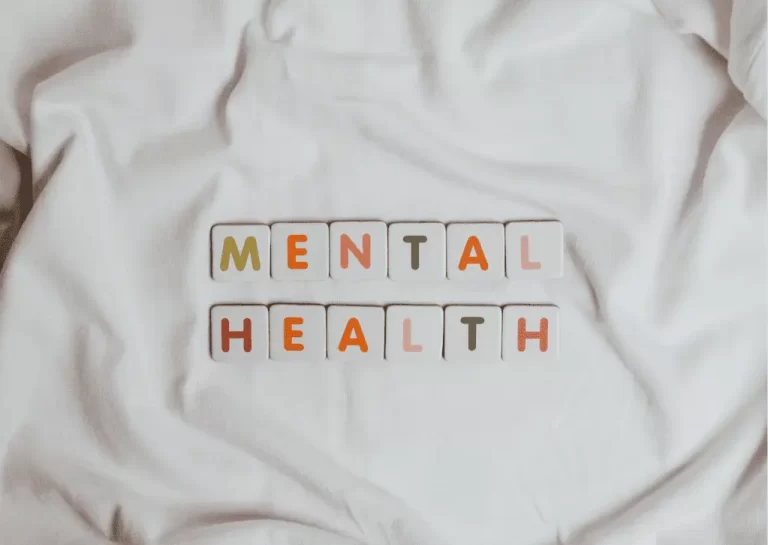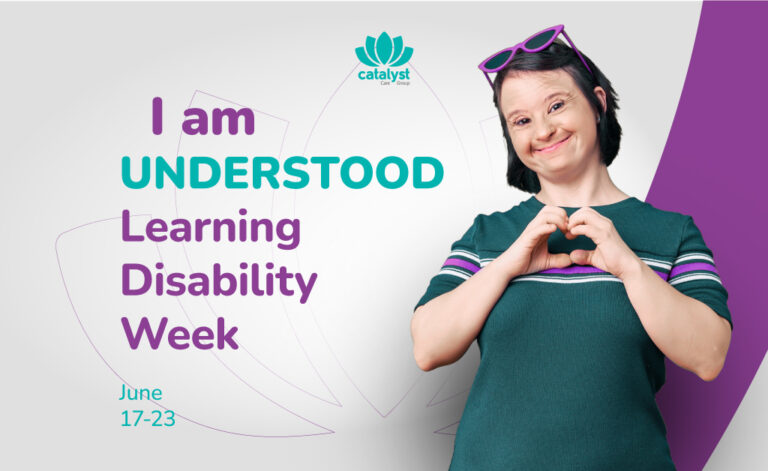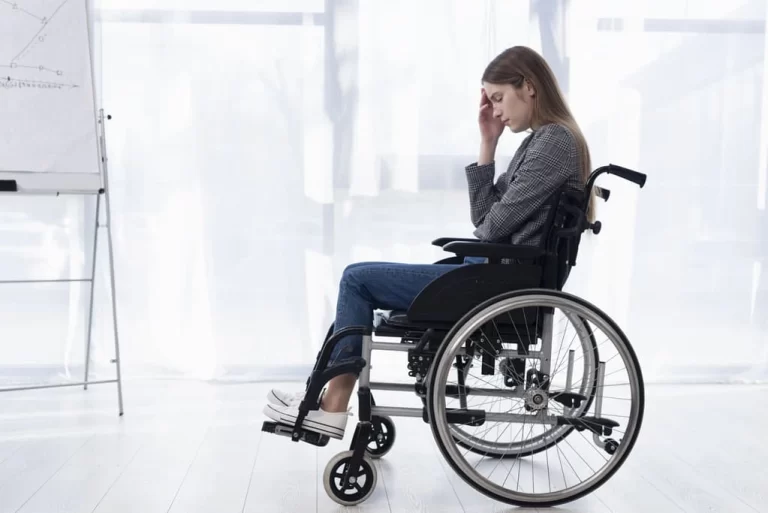Mental health is a state of mental well-being that empowers us to navigate life and supports our individual and collective capabilities to make decisions, build relationships, and contribute to our community. Mental health is a universal human right, and everyone has the right to be protected from mental health risks, the right to accessible, appropriate and good-quality care, and the right to freedom, independence and equal inclusion in the community.
Importance of Human Rights of People with Mental Health Challenges
Mental health is a state of mental well-being that empowers us to navigate life and supports our individual and collective capabilities to make decisions, build relationships, and contribute to our community. Mental health is a universal human right, and everyone has the right to be protected from mental health risks, the right to accessible, appropriate and good-quality care, and the right to freedom, independence and equal inclusion in the community.
When discussing mental health and human rights, it’s essential to highlight the importance of human rights for people with mental health challenges, as well as people living in the less developed and marginalised areas of the country. One in eight people worldwide are living with mental health problems, which affects their physical health and overall well-being.
Experiencing a physical and mental health condition should never be a reason for limiting our human rights or excluding us from making decisions about our health. Unfortunately, many people around the world coping with mental health conditions still experience a range of human rights deprivations. Many people often face social exclusion and discrimination. In contrast, others lack access to the mental health care they need or have access to care that doesn’t respect their human rights.
Catalyst Care Group works intensively with healthcare organisations and local authorities to ensure everyone’s mental health rights are valued and respected. Our human rights-based model of care is focused on empowering every individual with complex care needs to enjoy their human rights and have access to the quality physical and mental health care they deserve.
What Challenges Are Faced?
People with mental health challenges and neurodevelopmental or neurological differences often experience deprivation of their human rights. In other words, persons living with mental health conditions and their families are often subject to stigma, discrimination and violations of their human rights. All these factors lead to social exclusion, delaying access to necessary care, support and services important for people’s inclusion in the community.
The lack of community-based mental health and holistic support imposes mental health facilities as the only support available. These care settings are often associated with limited access to humanised care, seclusion, isolation restraint and social exclusion, limiting people’s basic civil, cultural, economic, political and social rights.
Poor mental health leads to poor physical health and reduced life expectancy. It’s vital that people get the support they deserve.
Stigma and Discrimination
Prejudice, stigma and discrimination against persons with mental health challenges have adverse effects. People are limited by barriers in society, not by their differences. Barriers can be caused by people’s attitudes to differences, which often reduces an individual’s chance for education and employment and the opportunity to participate actively in the community.
Mental health professionals constantly emphasise the importance of addressing the stigma and social exclusion of people with neurological and neurodevelopmental differences and mental health conditions. The impact of public and institutional stigma often goes as far as excluding people from society completely by placing them in out-of-area capacities, which is a direct and gross violation of people’s fundamental human rights.
Limited Access to Mental Health Care
Mental health support is not always accessible to everyone, and this creates another barrier to people in need of care and support. The limited access to mental health care often includes communication and cultural awareness barriers, along with social and practical access limitations. Additionally, people denied using public funds due to their immigration status have limited access to a range of public funding services.
Long waiting lists for mental health support is another challenge for people with autism, learning disabilities and mental health challenges. Based on The Royal College of Psychiatrists’ concerns in 2021, around 1.6 million people were waiting to receive mental health services, while they consider the actual number to be even more significant.
One of our priorities as an organisation is to make person-centred mental health services accessible to everyone. We can do this by replacing institutions with community-based and home mental health care services.
Insufficient Legal Frameworks
The Mental Health Act 1983, the foundation of mental healthcare legislation, has long been overdue for reform. Based on the sections in this Act, people can be admitted and detained in a hospital against their wishes. This outdated legislation plays an essential role in the lives of people with mental health crises, and the reforms are more than necessary.
The insufficient legal frameworks in the UK’s health and social care sector provide no or little choice for people exhibiting behaviours of concern and mental health. The lack of home care and community-based opportunities put people at risk of being admitted to a hospital. We all know the stories of people who experienced the detrimental consequences of being detained under the current Act, and we must protect people from harm.
As neurodiversity advocates, every day, we strive to promote human rights in all our actions and interactions. Implementing the human factor in mental health practices has long been our goal, and humanising health and social care is our vision.
Lack of Funding and Resources
Raising awareness about mental health issues and human rights is the starting point of making a change. However, this won’t be enough if the lack of funding and resources continues in the future. Although there are many government and NHS initiatives for addressing the issue, there still isn’t enough funding for mental health support, adequate resources, supporting delayed hospital discharges, and building inclusive infrastructure.
Cultural Barriers
Cultural barriers have a substantial impact on people’s mental health and access to health care. Members of ethnic and racial minorities with mental health challenges are less likely to receive proper evaluation and early intervention due to cultural stigma and societal factors.
Stigma and cultural differences can prevent people with mental health challenges from sharing their struggles and asking for professional help. In many cases, signs of mental health challenges are difficult to recognise and can be mistaken for personality traits. Facing mental health challenges without proper support can be an isolating experience, leading to an inner feeling of shame and abandonment.
Tackling cultural limitations is imperative to create an inclusive and diverse society where everyone’s rights will be equally met and respected.
Marginalisation
Despite all initiatives to raise awareness about mental health and human rights, the marginalisation of people living with learning disabilities, autism and mental-ill health is still highly present in our society. Prejudice, stereotyping, and misconceptions can lead to social limitations, barriers to healthcare and education, difficulty maintaining housing, and discrimination.
To help reduce the stigma of neurodevelopmental and neurological differences and mental health challenges, every one of us should:
- Educate ourselves and others about the importance of mental health
- Foster conversations and talk openly about mental health and human rights
- Use progressive language when talking about differences
- Learn more about the social model of care
- Promote equality and inclusion
- Show empathy and compassion
- Encourage people to be the best version of themselves
As individuals, we might not always be heard, but with joint efforts and shared voices, we have the power to reshape the future of our society, creating an equal space for everyone to enjoy the rights of liberty, choice and independence.

Importance of Addressing Human Rights Violations Against People with Mental Health Challenges
Imagine a world where the fundamental rights and dignity of every person, irrespective of their mental health status, are respected and upheld. People with mental health challenges and neurodevelopmental and neurological differences deserve the same rights, respect, and opportunities as anyone else in society.
Finally, addressing human rights violations against people with mental health challenges is not just a moral imperative; it is a crucial step toward creating a world that values inclusivity, compassion, and equality for all. It’s about recognising every individual’s inherent worth and potential, irrespective of their mental health status, ensuring they are treated with the dignity and respect they rightfully deserve.









